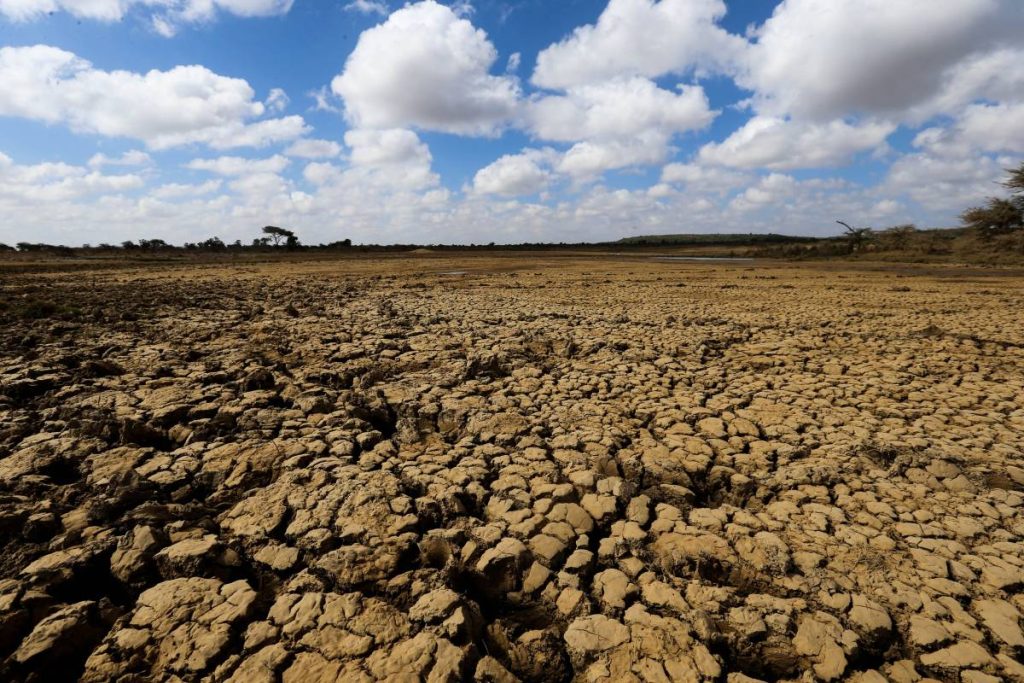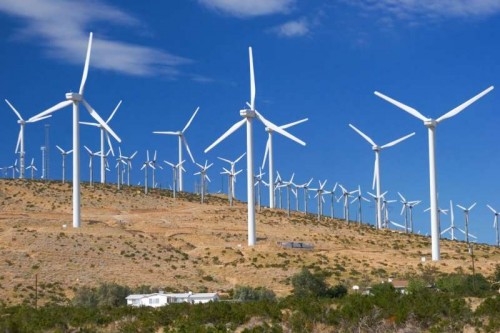Members are planning for the worst case scenario of another hot, dry spell this summer and are managing water resources to reduce the risk of drought measures…reports Asian Lite News
Following the driest summer in nearly 30 years, experts are warning that another hot dry spell could see drought conditions return in 2023, despite winter rainfall replenishing most water levels.
At a meeting of the National Drought Group, chaired by EA Executive Director John Leyland, the group discussed how risks to water resources remain, despite significant improvements following five consecutive months of above average rainfall. Only two of the Environment Agency’s areas – East Anglia and Devon, Cornwall and the Isles of Scilly – now remain in “drought” status, with most now “recovering”.
As of the beginning of February, total reservoir capacity across the country is at 88 percent. This compares with 49 percent at the end of September 2022, when reservoirs were at their lowest following the drought through summer.
There has been a dry start to the month – with low rainfall across England since the end of January – meaning 63% of rivers are currently below normal levels for this time of year. Some storage reservoirs are still lower than anticipated and groundwater levels in Norfolk are only now beginning to rise slowly.

The National Drought Group – made up of senior decision-makers from the Environment Agency, government, the Met Office, water companies and key farming and environmental groups – said that despite taking winter readiness actions, increasing output and undertaking network improvements over winter, further steady rainfall will be needed to ensure the nation’s water reservoirs are in a good position ahead of the warmer, drier, summer months. Rainfall over the next three months will be vital in reducing the drought risk for the summer.
The natural environment continues to take time to recuperate from the impacts of last summer and the Environment Agency is also focusing ongoing efforts on monitoring how well fish and invertebrates are recovering from drought.
Members are planning for the worst case scenario of another hot, dry spell this summer and are managing water resources to reduce the risk of drought measures – such as temporary use bans and taking additional water from the environment – being required again this year.
EA Executive Director and NDG chair John Leyland said, “While most water levels have returned to normal across much of the country, low rainfall in recent weeks highlights the importance of remaining vigilant. We cannot rely on the weather alone, which is why the Environment Agency, water companies and our partners are taking action to ensure water resources are in the best possible position both for the summer and for future droughts.”
“As ever, it is important that we all continue to use water carefully to protect not just our water resources; but our precious environment and the wildlife that depends on it.”
NDG members heard that, water companies, retailers and regulators must learn from the response to the 2022 drought and take forward improvements for managing and responding to future droughts.
Water companies have continued to maximise opportunities to improve their water supplies over winter; identifying new sources of water; ensuring sources are operating as they should be and reducing leakage. The Environment Agency have determined additional drought permits to help refill reservoirs and improve water supplies ahead of spring.
The farming sector is working to improve drought resilience, to ensure water availability for the short and long term, helping overall food security. The Environment Agency is working closely with the Rural Payments Agency to ensure abstraction licences associated with reservoir grant applications are determined on time.
All sectors are now undertaking precautionary planning in the event that hot, dry weather returns in the summer, and continue to work closely together to support water supplies across the country.
England is experiencing more extreme weather more often. Over the last month, the Environment Agency has also been responding to flooding in parts of the country, following heavy rainfall over December and January.
The Environment Agency is clear that planning for increasingly extreme weather is essential in order for everyone to be prepared for the impacts these events cause – both drought and flooding.
Energy intensive industries given £12 mn to cut emissions
Businesses across the UK will benefit from a share of more than £12 million government funding to help energy-intensive industries cut their carbon emissions and energy costs.
The funding for the 22 winning projects will help businesses across England, Wales and Northern Ireland clean up their industrial processes and improve their energy efficiency – benefiting industries including pharmaceuticals, steel, paper, and food and drink.

This £12.4 million funding was awarded as part of the Industrial Energy Transformation Fund (IETF), which has awarded grants to British projects across the country to increase the energy efficiency of their industrial processes, from car manufacturing to steel production and food processing.
The winning bids include sustainably harvesting food in Carmarthenshire, Wales, through a new air source heat pump system, capturing waste heat to dry, heat, crush and grind materials for roadmaking in South Yorkshire and using revolutionary high temperature heat pumps to reduce the energy needed to heat and cool cheese, reducing emissions in dairy farms across the Midlands.
ALSO READ-Brussels recommends EU-wide exit from Energy Charter Treaty








